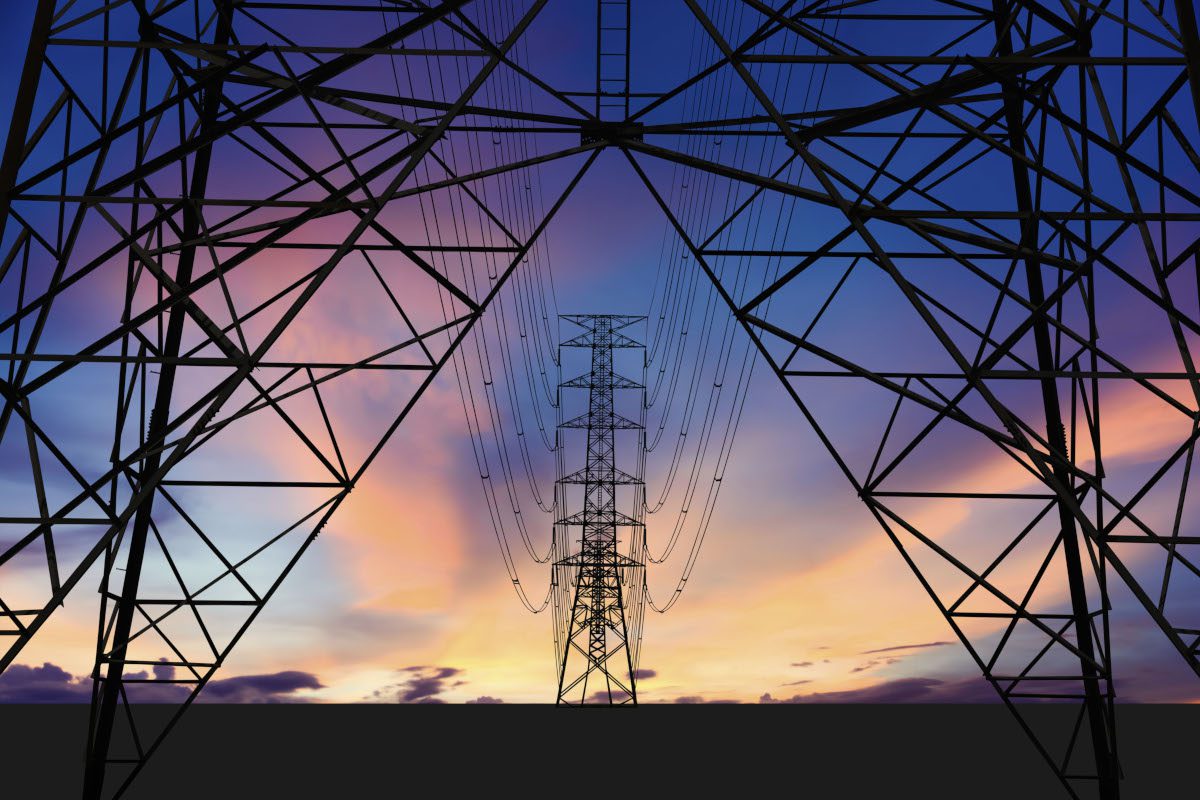
An award partly administered by the German Energy Agency (dena), the international Start Up Energy Transition (SET) Award 2020 recognises “the most innovative and effective business models in the fields of energy transition and climate protection”. On 22 October, the winners were announced: instagrid (Germany) in the Renewable Energies and Materials category, SwitchDin (Australia) in the Digital Energy Systems category, Enerbrain (Italy) in the Energy Efficiency Solutions category, EcoG (Germany) in the Smart Mobility category and Liter of Light (Philippines) in the Special Prize: Quality Access and SDG-7.
The 15 finalists were selected out of a pool of 570 applications across 90 countries, and presented their innovations to an international jury of energy sector experts.
Andreas Kuhlmann, CEO of dena said: “Start-ups provide the fresh ideas and inspiration that energy transition and climate protection need. There are plenty of eager young companies, as the hundreds of SET Award applications show. This is encouraging, because we are shaping the climate-friendly future with innovative solutions and smart approaches. We want to harness the momentum of the SET start-ups and use it to propel the global energy transition.”
The SET100 list offers a current insight into start-ups. Every year, the SET initiative publishes the 100 most innovative and promising applicants for the SET Award. The list makes it clear that all parts of the world are working passionately towards protecting the climate and achieving the goals of the energy transition.
The winners of the SET Award 2020:
- instagrid, Germany (category Renewable Energies and Materials): instagrid develops portable battery power supplies, enabling clean energy to replace small combustion engines anywhere. Founded in 2018, the German cleantech company has developed an advanced weatherproof portable power pack that can replace highly polluting petrol and diesel generators.
- SwitchDin, Australia (category Digital Energy Systems): SwitchDin develops technology that makes distributed energy resources (DERs) visible and controllable. SwitchDin enables virtual powerplants, microgrids and helps to integrate DERs into the grid.
- Enerbrain, Italy (category Energy Efficiency Solutions): Enerbrain has developed energy retrofit solutions for large buildings that allow drastic cuts in consumption as well as a significant improvement in internal comfort. Their innovation ensure 20% energy savings, lower CO2 emissions and improved comfort thanks to a unique scalable IoT solution powered by AI coupled with fuzzy logic algorithms.
- EcoG, Germany (Category Smart Mobility): EcoG provides an IoT operating system and all the software components needed to build and develop an EV charger. Furthermore, EcoG offers a straightforward solution for developing and integrating services for those chargers. As a result, EcoG enables building a viable business model out of EV charging.
- Liter of Light, Philippines (Special Prize: Quality Access and SDG-7): Their “Liter of Light” redesigns solar lighting for the developing world. Their simple, two-step technology creates local jobs, teaches green skills, and empowers energy-poor communities through simple solar lights built and installed using local parts and knowledge.







